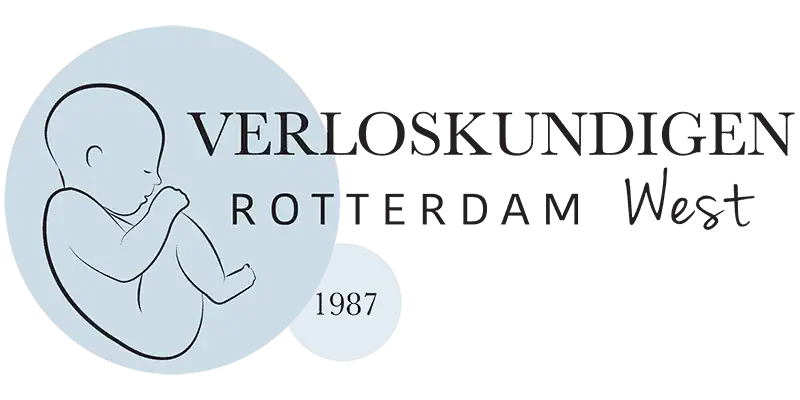Many expectant parents wonder whether their child will be healthy. That is understandable. Fortunately, the vast majority of children are born healthy.
Prenatal Screening
It is entirely up to you to decide whether or not you want to take these screening test.
During your first visit, we will ask you if you want to know more about the screening. If you would like to know more, we will give you an in-depth consultation about , the NIPT and the 13 and 20 week ultrasound. We also will refer you to the leaflet in your own language.
Prenatal screening can help set your mind at ease about your child’s health. However, it can also be a source of uncertainty and force you to face some difficult decisions. You are free to choose whether or not you want to undergo testing and whether you want follow-up testing if the results are unfavorable. You can decide to break off testing at any time
1. The NIPT
With these test you have the opportunity to investigate (screen for) the risk of your child having Down syndrome, Edwards’ syndrome or Patau’s syndrome.
2. Screening for physical abnormalities
The 13-week scan and the 20-week scan are medical examinations. Another name for it is the structural ultrasound scan. The person who performs the screening test is called a sonographer. At both scans a sonographer will use an ultrasound machine to examine the baby for any physical abnormalities.
The sonographer will also check the amniotic fluid and the growth of the baby. The sonographer is required to inform you of all the findings. This means you cannot have a partial scan. There is no risk to either the mother or the baby from a screening test.
What are physical abnormalities?
A physical abnormality means that part of the baby’s body looks different from what is expected. Examples of physical abnormalities are spina bifida (an open spine), an open skull, hydrocephalus, heart defects, a hole in the diaphragm, a hole in the abdomen, structural abnormalities of the kidneys, and structural abnormalities of the bones.
When is the 13-week scan?
You can have the 13-week scan from 12+3 up to 14+3 weeks of pregnancy. This means from twelve weeks and three days up to and including fourteen weeks and three days. In the Netherlands, you can only opt to have the 13-week scan if you are participating in the scientific IMITAS study. This study is investigating the advantages and disadvantages of the 13-week scan.
When is the 20-week scan?
You can have the 20-week scan from week 18 to week 21 of your pregnancy. This means up to 21 weeks and 0 days of your pregnancy. The best time to have the scan is in week 19 of your pregnancy. That is 19 weeks and 0 days to 19 weeks and 6 days of your pregnancy.
An in-depth conversation about whether or not to have screening: a counselling session
Did you mention during your first visit to your obstetric care provider that you would like to know more about the screening tests for physical abnormalities? If so, you will have an in-depth conversation about this. Also known as counselling. The person you have the discussion with is called a counsellor. You will also be able to ask questions.
It’s your decision
After the counselling session, it’s entirely your choice to decide whether or not you want to have the scan for physical abnormalities. Have you decided that you want to have a scan for physical abnormalities? Then you can make arrangements for this immediately.
More information about the screening tests can be found at https://www.pns.nl/documenten/the_13-week_scan_and_the_20-week_scan
Follow-up diagnostic testing Chorionic villus sampling or Amniocentesis
Have you tested positive? You can decide not to take part in any follow-up tests, and to continue your pregnancy. You can decide to undergo the follow-up diagnotic testing If you like to know if your child is suffering from a disorder.
Follow-up testing consists of an extensive ultrasound scan at the Eramus MC hospital. Any defect(s) revealed during the original test will then be examined in further depth. In some cases, you may also be offered the option of undergoing Chorionic villus sampling or an amniocentesis procedure. A chorionic villus sampling can be performed after 11 weeks pregnancy. Amniocentesis can be performed from the 15th week of the pregnancy. There is an increased slight risk of miscarriage as a result of the test.

